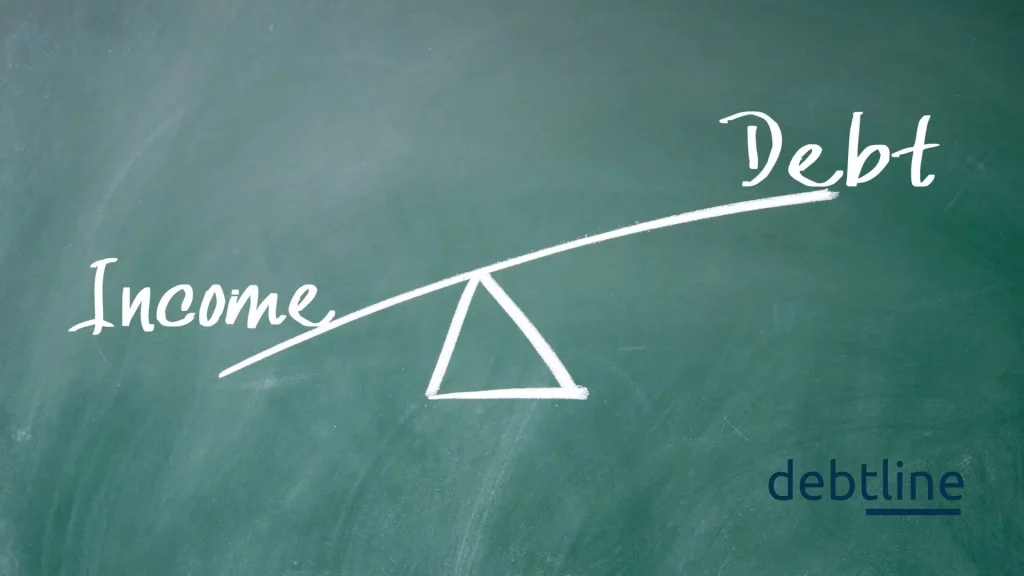Over-indebted: How does it affect you?

The term over-indebtedness applies to those who currently have credit repayments that exceed their current income. In such cases, you could be turned down for a credit application as taking on the additional financial commitment could cause you to be over-indebted.
Read: 10 Warning signs that you have a debt problem
How do you know when you are over-indebted?
You should consider yourself over-indebted if you need more funds after paying your essential expenses for all your other debts. You may be indebted or nearing over-indebtedness if you struggle to get through a month without piling on more debt. Here are a few more signs of over-indebtedness:
- You have no cash on hand
- You take on more debts to settle a current debt
- You make late payments and default
- You overspend regularly
- You have no emergency funds
- You’re making only minimum payments on credit card debt
Causes of over-indebtedness
Many things can contribute to or cause over-indebtedness, including overspending. Other contributing factors include an unexpected reduction of household income, such as sudden job loss or unforeseen medical expenses. There is also an increase in the cost of living, cost of debt, and other expenses that may contribute to over-indebtedness.
Read: How the Repo Rate Increase Affects Your Finances
What to do when over-indebted?
If you find yourself over-indebted or in debt and you’re wondering how to get out of the deep waters, we are here to help. Here are a few quick tips for minimising your debt and stopping the pile-on.
- Don’t take on more debt: In such cases, the first thing to do is immediately stop taking on more debt. When we are in a debt snowball, it’s easy to pile on more. Stop using your credit cards and loans to cover your expenses.
- Cut all unnecessary spending: Consider your spending habits and reduce unnecessary costs. While it may be one of the hardest tasks, it’s time to assess what is necessary and what is a luxury. Cut back on what you don’t need, such as streaming services and subscription plans.
- Make a payment plan: Now that you’ve stopped piling on debt and cut back on luxury spending, it’s time to create a payment plan that will enable you to start paying back your debt as soon as possible. Create this schedule based on your income and the due dates of your payment obligations.
If you don’t have an overview of all the debt you own and how it affects your credit score, you can download it for free.
Debtline: A helping hand
It is important to pay attention to your debts as they will continue to grow, and in the end, you will end up in a serious bind. Start acting today to prevent from landing in a serious situation that will be tougher to get back from.
If you are over-indebted or feel like you’re drowning, it could be time to get help. For professional assistance, please request a callback by filling out the contact form on the Debtline homepage.
Our NCR-registered debt counsellors have one mission: to assist you in living debt-free.
Debtline is an innovative South African debt management company that can negotiate debt repayments on your behalf, provide protection while undergoing Debt Review and provide expert advice.